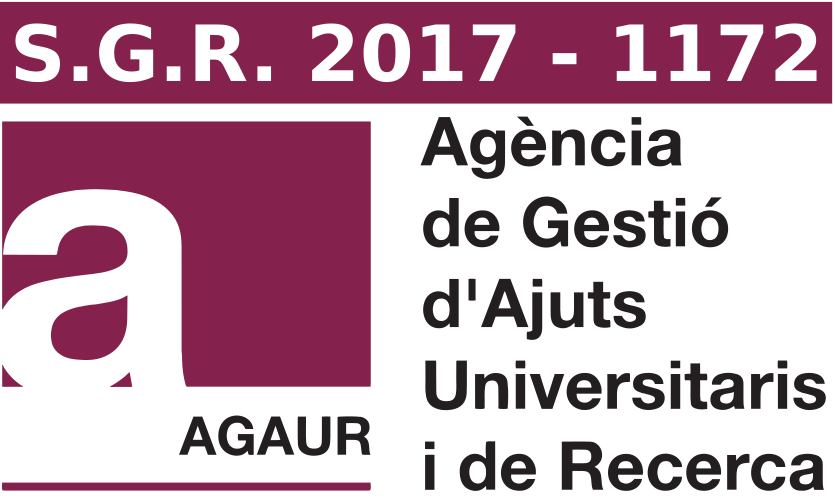
Means-Testing vs. Universalismo
“MEANS-TESTING VS. UNIVERSALISMO EN PROGRAMAS DE GARANTIA DE INGRESOS: EL NON-TAKE-UP Y PROBLEMAS ASOCIADOS”
KEYWORDS: Minimum income, basic income, poverty, social policy, wage supplements, guaranteed income, social experiments, institutional design, welfare state, labour incentives
Founded Research project — 2024-2028 — Ministerio de Ciencia, Innovación y Universidades, R&D&I National Program, Ref.: PID2023-150921OB-I00.
Principal Investigator (IP): José A. Noguera
Members & Research Team: Manuel Aguilar Hendrickson; Emma Rose Álvarez Cronin; Ana Arriba González de Durana; Borja Barragué Calvo; Carlos Delclós Gomez-Moran; Jurgen de Wispelare; and Joseba Zalakaín.

The proposal aims to generate new systematic scientific knowledge on a critical aspect of welfare policy design, specifically the eligibility criteria for monetary benefits aimed at combating poverty and social exclusion. The focus will be on the methods and challenges of targeting and means-testing, in contrast to universal approaches. A major issue in the implementation of targeted monetary benefits subject to means-testing is the high rate of non-take-up, where a significant proportion of eligible households or individuals do not apply for the benefit. Since the reasons behind non-take-up and the tools to address it remain controversial and not entirely clear, this project seeks to provide socio-scientific contributions and practical research findings to deepen our understanding of this phenomenon.
The project will pursue several key objectives. First, it aims to develop an integrated theoretical framework that examines the tension between targeting and universalism in income guarantee programs, emphasizing the critical role of means-testing and eligibility checks in shaping this dilemma. Additionally, it will design new methods to estimate non-take-up rates for income guarantee benefits targeted at vulnerable households, as well as to impute take-up for those identified as eligible in microdata sets that lack reliable information on actual benefit receipt.
Empirical evidence on the causes of non-take-up in Spain’s regional minimum income schemes and the national Minimum Vital Income program will be gathered through an online experimental survey conducted on a representative sample of the Spanish population. This survey will include an experimental module featuring an informational intervention aimed at increasing benefit take-up. Finally, the project will propose and promote measures and best practices to help reduce the high rates of non-take-up in these programs, offering policy recommendations for social actors, policymakers, and public administrations.

